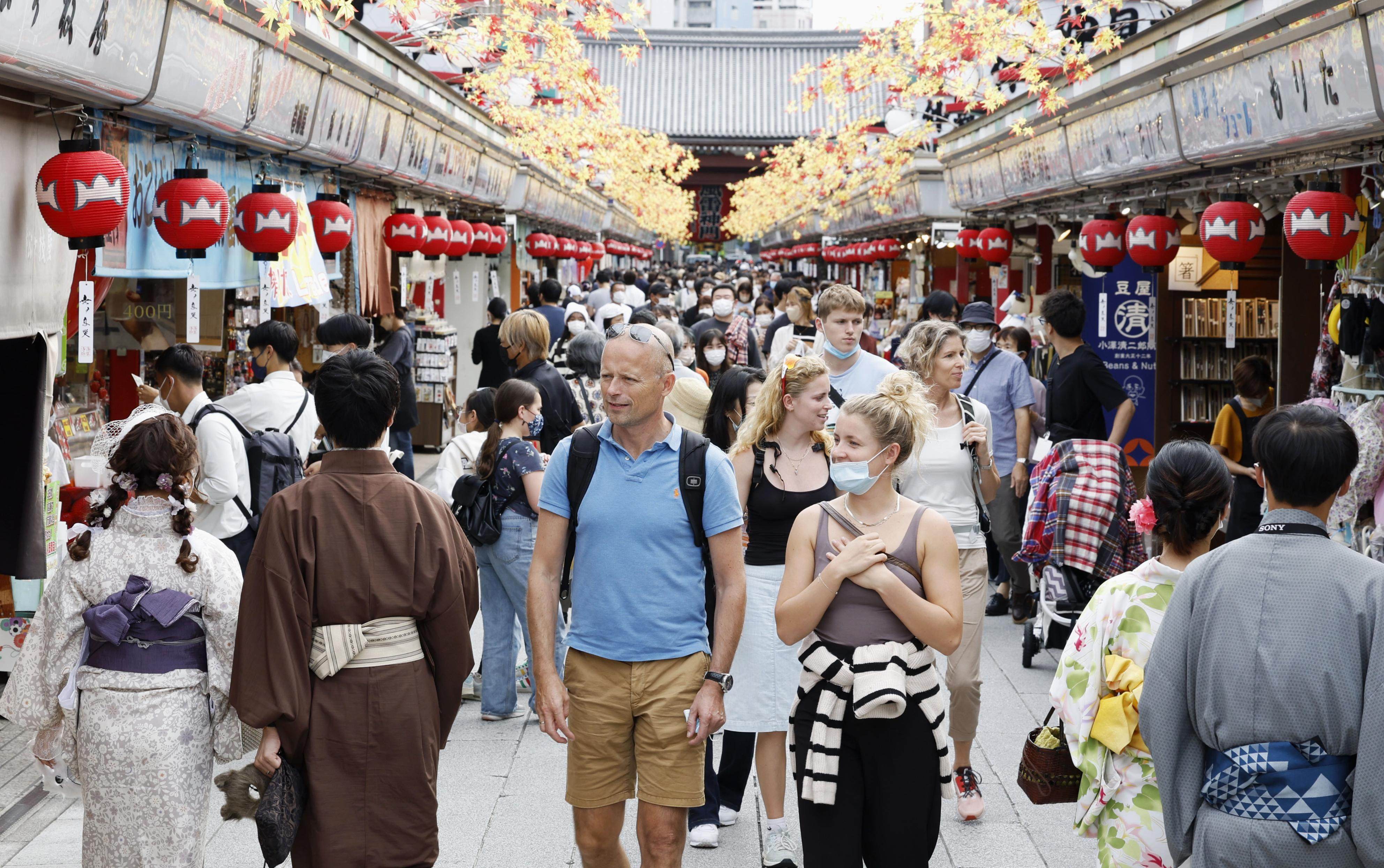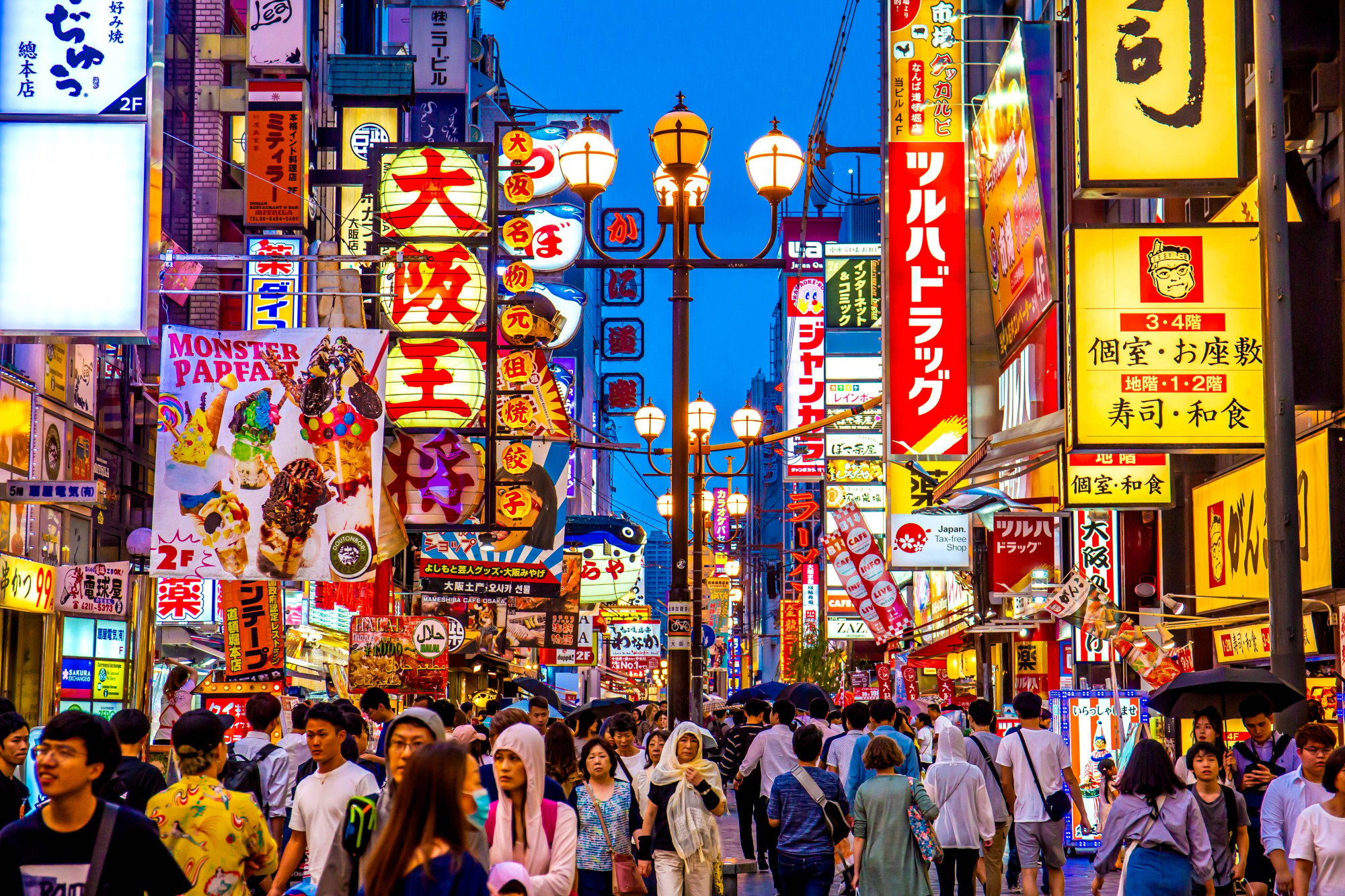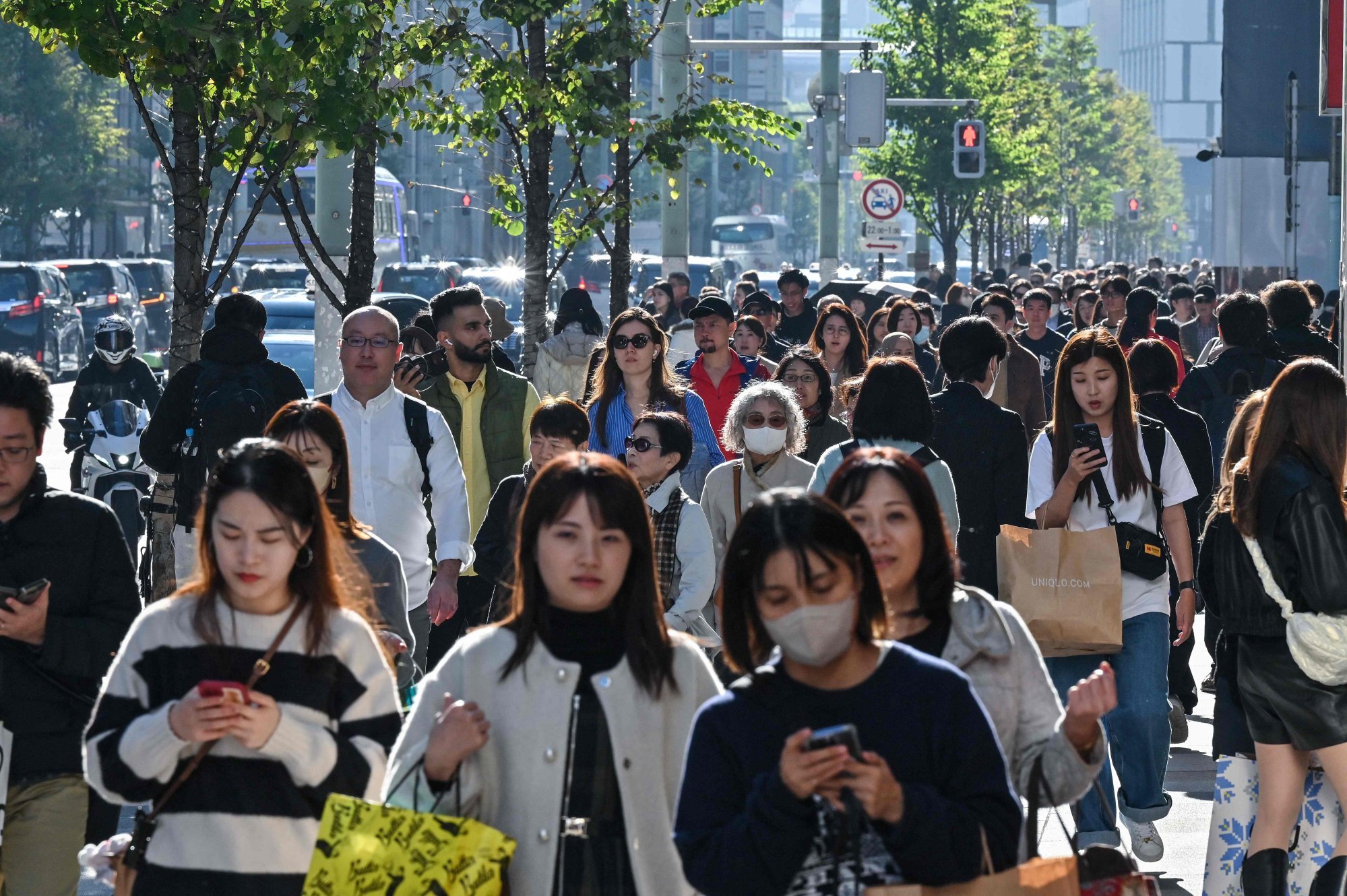‘Can’t allow this to continue’: Japan’s tax-free tourist shopping under fire
Japan may end tax-free shopping for tourists to curb fraud and boost state revenue, despite industry opposition

A group of lawmakers has proposed scrapping Japan’s decades-long tax-free shopping system designed to lure foreign tourists to the country, arguing the benefit has been plagued by fraud and has deprived the government of a significant source of revenue.
Japan welcomed a record 36.8 million visitors last year due to a weak yen and aims to draw 60 million travellers annually by 2030.
But ruling party legislator Kenji Nakanishi said it was time for the popular tourist destination to move beyond its low-price allure that boosts profits for local businesses.
“I want foreign tourists to understand the true value of Japan, I don’t want them to come just because it’s cheap,” Nakanishi said.
He and fellow lawmaker Kazunori Tanaka are part of a panel that will submit its suggestions to the Liberal Democratic Party’s tax committee, which plays a major role in framing the national budget, The Japan Times reported.
“Widespread fraudulent use of the tax-free system undermines the credibility and fairness of the consumption tax. We can’t allow this to continue,” the newspaper quoted Tanaka as saying at a meeting last Thursday.

The consumption tax – currently set at 8 per cent for food and drinks and 10 per cent for other goods – is a vital revenue source for the debt-laden government, but also a strain on inflation-squeezed domestic households.
Japan’s core inflation rate accelerated to 3.2 per cent in March, with consumers hit by rising electricity bills and kitchen staples like rice.
Tourists are exempt from paying the 10 per cent levy on items above 5,000 yen (US$34) as they are meant to be taken out of the country.
However, many exploit the system by reselling the items locally at a profit.
Between March 2022 and April 2024, official data revealed that approximately 90 percent of the 690 visitors who collectively spent over 100 million yen (about US$695,000) on tax-free shopping left Japan without any scrutiny, even if they did not take the purchased products with them when they departed.
According to official data, foreign travellers splurged 2.4 trillion yen on shopping last year and the government lost an estimated 240 billion yen in tax revenue due to the duty-free programme.
Earlier this year, regulations were modified to address the tax loophole, requiring tourists to pay full price when shopping while the consumption tax would be reimbursed after their items are cleared by customs upon exit.

Japan’s department stores have also cashed in on the tax-free shopping experience, spurring sales and expansion plans.
Tourists, along with industry representative Masahiro Ohmoto, are advocating for the continuation of this privilege to support local enterprises.
“People who won’t shop in Japan will just shop in South Korea,” said Ohmoto, vice-chairman of the Japan Tax-Free Shop Association.
“We queued for a long time, but the 10 per cent discount makes it very cheap to shop,” a Hong Kong tourist told The Japan Times. “I don’t want the system to change.”
But the LDP’s proposal believes otherwise.
“It’s hard to say this system is contributing to regional revitalisation or creating employment opportunities,” the party’s draft stated.